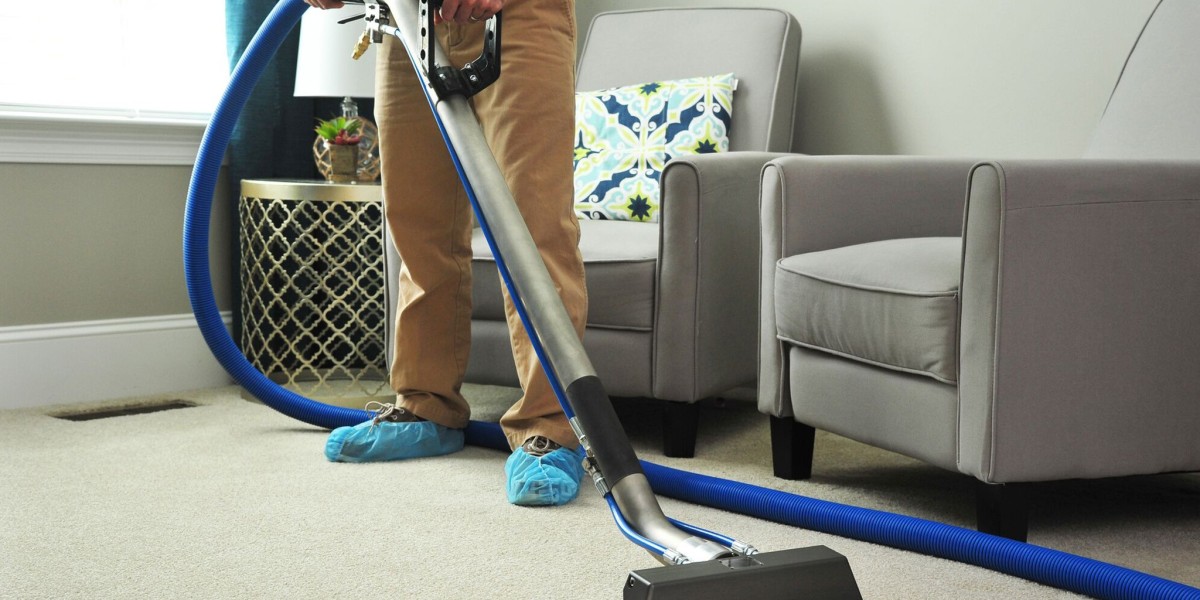Many Germans live in leased apartments. Housing, particularly at the cheaper end of the scale, remains in fantastic need. The housing market in Germany has altered over the last few years. Housing has become scarce, particularly in bigger cities. This likewise has an effect on prices and leas. Nevertheless the quantity of lease or the purchase price for an apartment depends essentially on where (city/state) you live or where the home is situated (location/district).
The presently most costly German cities are Munich, Frankfurt am Main, Stuttgart, Freiburg im Breisgau, Ingolstadt, Hamburg, Mainz, Darmstadt and Berlin. In these cities, citizens typically pay over 30% of their income for rent.
A summary of the quantity of rent in Germany - broken down by Federal state - can be found on the homepage "Rent level survey in Germany ". The rent level survey represents the average rent without additional expenses (heating, electrical energy, water, etc). The quantity of rent can be extremely different and depends on where you live.
An inexpensive apartment or condo on the outskirts uses not only cost benefits but also the opportunity to live away from the big city in a green environment. The suburbs are especially appropriate as a location to live for young households with little children. The city centre can normally be reached quickly for commuters thanks to the excellent transport connections in Germany.
There are no constraints for immigrants when looking for or buying realty. You can rent an apartment or condo or purchase a residential or commercial property in Germany from your country of origin. In doing so, nevertheless, you must observe the legal provisions applicable in Germany that use to the purchase of residential or commercial property (for instance a notarial contract).
For the very first couple of weeks up until you have actually discovered an apartment to rent or buy in Germany, you have different alternatives to discover accommodation.
2. Find housing
The most common method to find a suitable house - be it for rent or for sale - is through realty ads on the Internet or in appropriate papers, which release apartment ads not only in their print versions but also on their own sites. In addition, you will discover various Internet portals that you can utilize to look for residential or commercial properties nationwide and separately, or place an advertisement there yourself looking for an apartment. Sometimes, instead of the contact details of the property owner or the housing administration, there are also code numbers or code letters in the housing uses - so-called codes. You need to reply in writing to an ad with a box number and send the letter to the newspaper. This will then be forwarded to the landlord from there. You also have the option of working with a property agent for your home search. This can be an advantage specifically in urbane locations.
Please note: Please note that if the brokering achieves success, the realty representative can charge a brokerage charge or brokerage commission. But this uses just if you work with the broker. If, on the other hand, the property manager commissions the broker to find potential tenants for his apartment, he has to pay the commission. The representative's commission for you as a tenant may not surpass 2 net cold rents plus VAT. When selling genuine estate, the amount of commission in Germany can be easily agreed, there are no legal requirements. In practice, owners and property agents base their setting of the commission on the "customary" guidelines in the particular Federal State.
If you have troubles finding a home, you can get in touch with the Housing Office in the city or town in which you are searching for a home. Apartments are often brokered directly there. If this is not the case, the Housing Office personnel can assist with helpful addresses and details. In many cities and towns there is Social housing.
Please note: As a guideline, social housing can just be rented to individuals with low earnings. To do so, you need a certificate of eligibility for social housing, which you can obtain from the local Housing Office.
Tip: Since it is not so simple to get an apartment in numerous regions in Germany, it is essential to be well prepared when requesting an apartment.
3. Tenancy agreement
A basic difference is made between fixed-term and open-ended occupancy arrangements, nevertheless unlimited agreements are the rule in Germany. Most tenancy contracts for homes are Model contracts, which differ in scope and do not always apply to the private rental situation. You can discover an example in German and English on the Tenant Protection Association website.

As a guideline, rental contracts are concluded in writing. However, there is no obligation to do so. Even if the very same legal guidelines apply to spoken tenancy arrangements, a composed tenancy contract can be essential evidence in the occasion of a conflict.
Tip: Make certain you have actually a composed occupancy contract that includes all the relevant details. Use the list for the occupancy contract.
Please note: Before concluding the tenancy arrangement, you must take a close look at each room with your landlord, discuss any remodelling work and also check the performance of the heating, electrical home appliances, sockets, and so on. If flaws show up before moving in, these need to be kept in mind in a procedure (Moving-in protocol). Should you see any shortages soon after relocating, please submit these to the landlord in composing as soon as possible.
The same treatment needs to be brought out when moving out of the apartment and the condition of the home recorded in a procedure (Moving-out procedure).
4. Rental deposit
A rental deposit is normally concurred in the occupancy arrangement. The amount of the deposit can be worked out. The deposit may be a maximum of 3 net rent (excluding running expenses and expenses for heating and hot water supply) (month-to-month lease without extra costs).
The rental deposit is transferred from the renter to the proprietor. The occupant may pay the deposit in 3 regular monthly instalments. The very first instalment is due at the beginning of the tenancy. The property owner should separate the money deposit from his/her other assets in a special account (deposit account). Other forms of deposit are possible, but must be agreed between the occupant and the landlord. For example, a bank guarantee, the development of a joint savings book, a savings book with an obstructing notice are possible.
After the end of the lease the property owner has to pay back the deposit with the interest accumulated in the meantime if she or he has no more claims against the occupant.
5. Rent
The rent for a rented home includes the net rent (omitting running costs and expenses for heating and warm water supply) and the expenses for the supply of heating, warm water, perhaps gas as well as the operating costs for the domestic complex (gross rent). The electricity costs are normally billed separately on the basis of an agreement that you need to conclude yourself with the electrical power supplier.
If your property owner wishes to increase the rent with time, she or he can just do so under particular conditions.
6. Defects in the apartment or condo
If problems or faults take place in the apartment during the rental period, the occupant is obligated to inform the landlord of the faulty condition of the apartment or condo so that he or she can correct the defect.
Tip: If you report a problem to the property manager, it is essential to set a deadline to remedy the flaw.
Until the flaw has actually been corrected, the lease may be reduced to a reasonable level. However, get recommendations before you decrease the lease, as there is a risk of termination by the landlord in case of an unjustified reduction.
In cases in which the landlord does not remedy the flaw, you can either get in touch with the local housing inspection workplace or the structure policies workplace. You can also take benefit of the fee-based guidance from the regional rental association or a legal representative.
7. Termination of housing
Basically, the law compares the normal and the amazing (immediate) termination of the lease. It is really difficult for proprietors to end an occupancy. Tenancy law typically protects the tenant and for that reason offers for high formal difficulties. Tenancy law obliges the property manager to give factors for termination, where just particular factors for termination are allowed.
According to the law, different periods of notification apply to occupants and property owners if the occupancy is to be ended.
Notice duration for tenants:
Tenants can typically end an open-ended rental contract constantly with a notification period of 3 months. The length of stay does not matter.

The notice of termination need to be in writing. In order to end in due time, the property manager should be alerted no later than on the 3rd working day of a month so that the current month still counts. Saturdays are considered working days.
There are cases in which the tenancy contract for occupants contains much shorter notice periods than the regular 3 month notice period. If a 1-month and even 2 week notification period has been agreed in the agreement for the renter, the tenant can terminate the agreement with this short notice. Conversely, this does not apply: The landlord must observe the statutory notification periods and must not shorten them in his/her favour.
Please note: If the tenancy contract states "waiver of termination" or "exemption of termination", this implies that termination is left out for a certain time period. The right of termination may be excluded for an optimum of 4 years from the time the agreement is concluded. If the termination exemption runs longer according to the contract, the provision is inadequate, so that the occupant can terminate at any time with a duration of 3 months.
Notice periods for the landlord:
- as much as a rental duration of 5 years, property managers who have a reason for termination must notify of 3 months.
- If the occupant has actually been living in the home for more than 5 years, the notification period is 6 months.
- If the renter has actually been residing in the apartment for more than 8 years, a notice period of 9 months applies.
If there are severe factors for a remarkable (instant) termination, the proprietor needs to present this in composing.
Back to top
8. Housing benefit
Housing advantage is a State benefit to provide financial backing to people on low incomes. You can get financial support from the State to cover your housing expenses. There are two forms of housing advantage:
- as lease assistance if you rent an apartment or condo or a space or
- as mortgage and home upkeep assistance if you live in an apartment or condo or house that you own.
You will only receive the grant if you are actually in the Federal area and are entitled to flexibility of motion according to the law on the general freedom of motion of Union people (FreizüG/ EU). You can only get housing advantage if you send an application to the local housing benefit office, the town, city, district or district administration. You will be given thorough guidance there.






